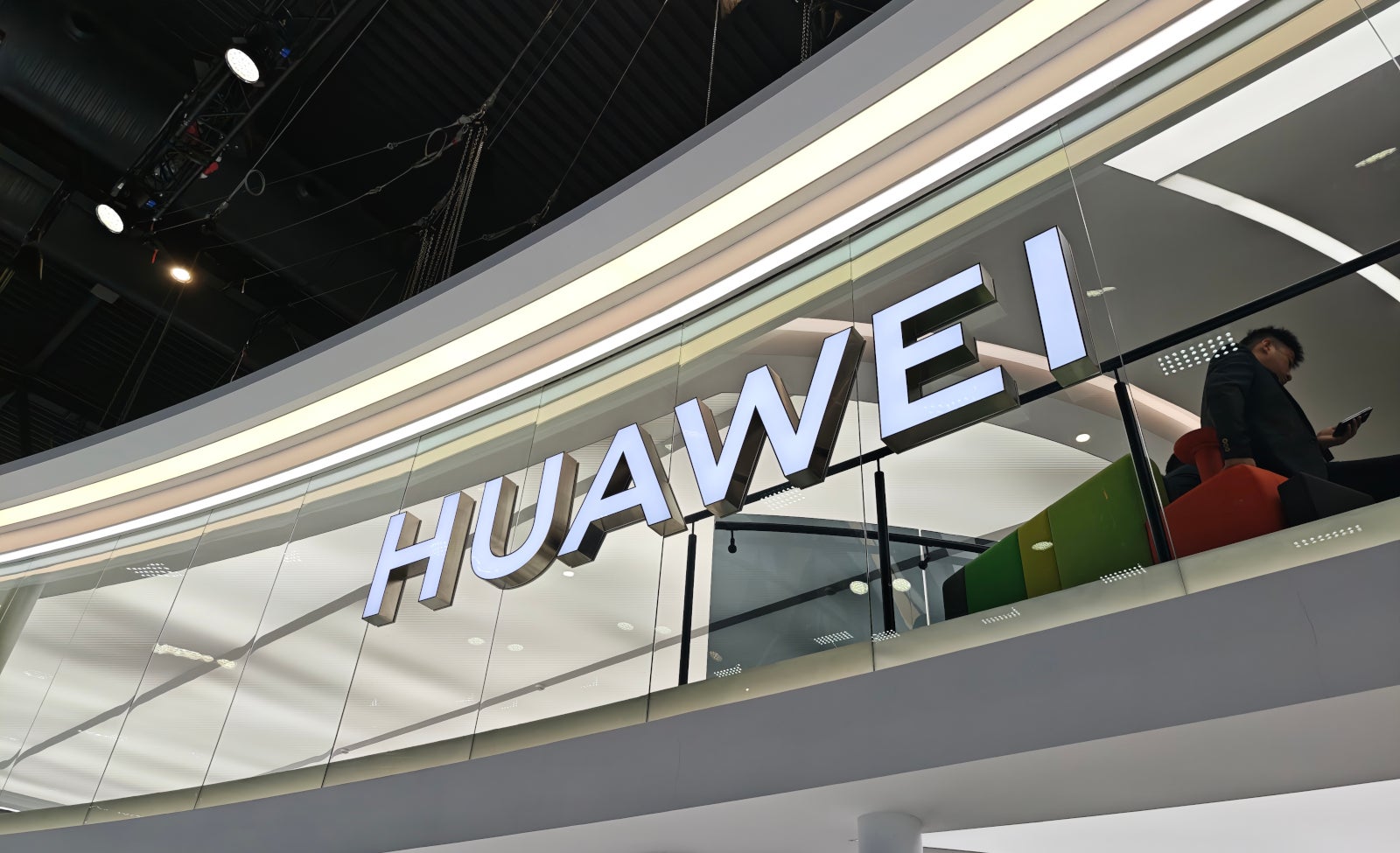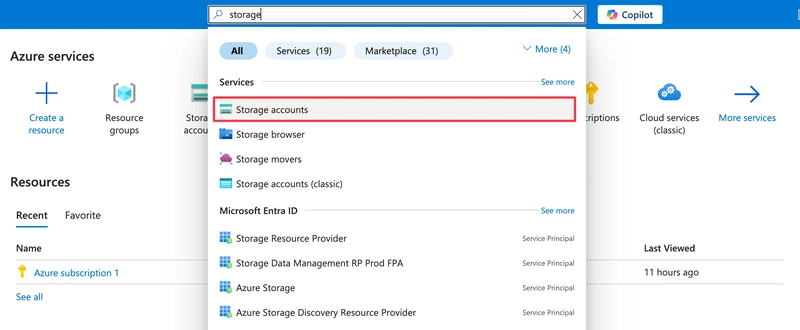Why SIM Registration Is Necessary in the Philippines
Over the past few years, mobile phones have become more than just a way to communicate—they’ve become a lifeline. In the Philippines, where millions rely on mobile networks for everyday tasks like banking, education, and social connection, ensuring secure and responsible mobile use is more important than ever. That’s where SIM registration comes in. Tackling Text Scams and Mobile Fraud One of the biggest drivers behind the SIM Registration Act in the Philippines was the growing number of text scams, phishing messages, and mobile fraud cases. With unregistered SIM cards, it was nearly impossible to trace the source of these messages. People were losing money and personal data to anonymous senders. By requiring users to register their SIM cards with valid ID, authorities are now better able to track fraudulent activity and protect consumers. It may not stop scams entirely, but it adds an essential layer of accountability. Strengthening National Security SIM registration also plays a role in national security. In some reported cases, unregistered SIM cards were used for criminal communication, coordination of scams, or worse. Linking SIMs to verified identities makes it easier for law enforcement to monitor and investigate suspicious activity when necessary. Encouraging Responsible Use With SIM registration, users are reminded of the importance of responsible digital citizenship. Just like how you can’t drive a car without a license, having a registered SIM means being a known, accountable user of digital networks. Protecting the Public and the Network SIM registration isn’t just about individuals. It helps mobile providers and government agencies manage digital infrastructure more securely. In emergency situations—like natural disasters or security threats—having accurate subscriber data helps responders send alerts to the right people and allocate resources efficiently. A Step Toward Digital Trust In a mobile-first country like the Philippines, where many people use smartphones as their only device, building trust in digital systems is crucial. While the registration process might feel like an extra step, it's part of creating a safer, more reliable mobile environment for everyone.
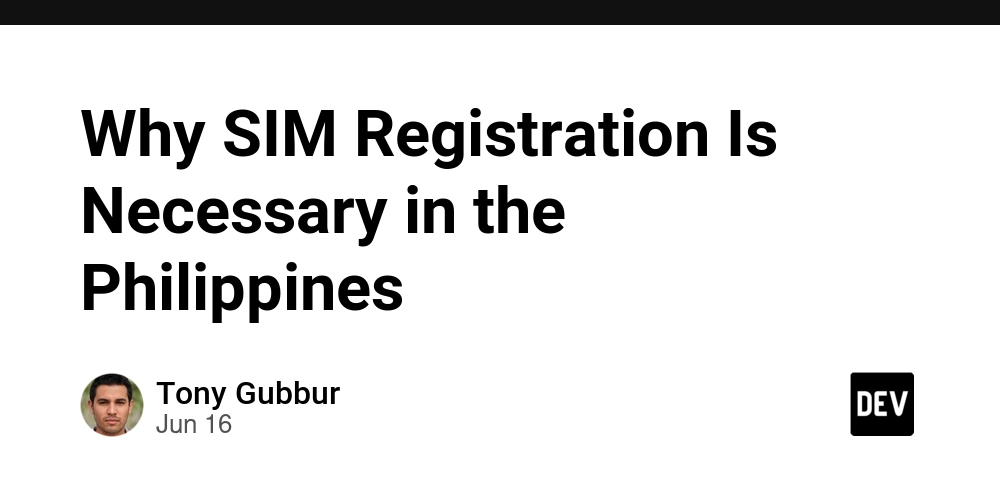
Over the past few years, mobile phones have become more than just a way to communicate—they’ve become a lifeline. In the Philippines, where millions rely on mobile networks for everyday tasks like banking, education, and social connection, ensuring secure and responsible mobile use is more important than ever. That’s where SIM registration comes in.
Tackling Text Scams and Mobile Fraud
One of the biggest drivers behind the SIM Registration Act in the Philippines was the growing number of text scams, phishing messages, and mobile fraud cases. With unregistered SIM cards, it was nearly impossible to trace the source of these messages. People were losing money and personal data to anonymous senders.
By requiring users to register their SIM cards with valid ID, authorities are now better able to track fraudulent activity and protect consumers. It may not stop scams entirely, but it adds an essential layer of accountability.
Strengthening National Security
SIM registration also plays a role in national security. In some reported cases, unregistered SIM cards were used for criminal communication, coordination of scams, or worse. Linking SIMs to verified identities makes it easier for law enforcement to monitor and investigate suspicious activity when necessary.
Encouraging Responsible Use
With SIM registration, users are reminded of the importance of responsible digital citizenship. Just like how you can’t drive a car without a license, having a registered SIM means being a known, accountable user of digital networks.
Protecting the Public and the Network
SIM registration isn’t just about individuals. It helps mobile providers and government agencies manage digital infrastructure more securely. In emergency situations—like natural disasters or security threats—having accurate subscriber data helps responders send alerts to the right people and allocate resources efficiently.
A Step Toward Digital Trust
In a mobile-first country like the Philippines, where many people use smartphones as their only device, building trust in digital systems is crucial. While the registration process might feel like an extra step, it's part of creating a safer, more reliable mobile environment for everyone.


















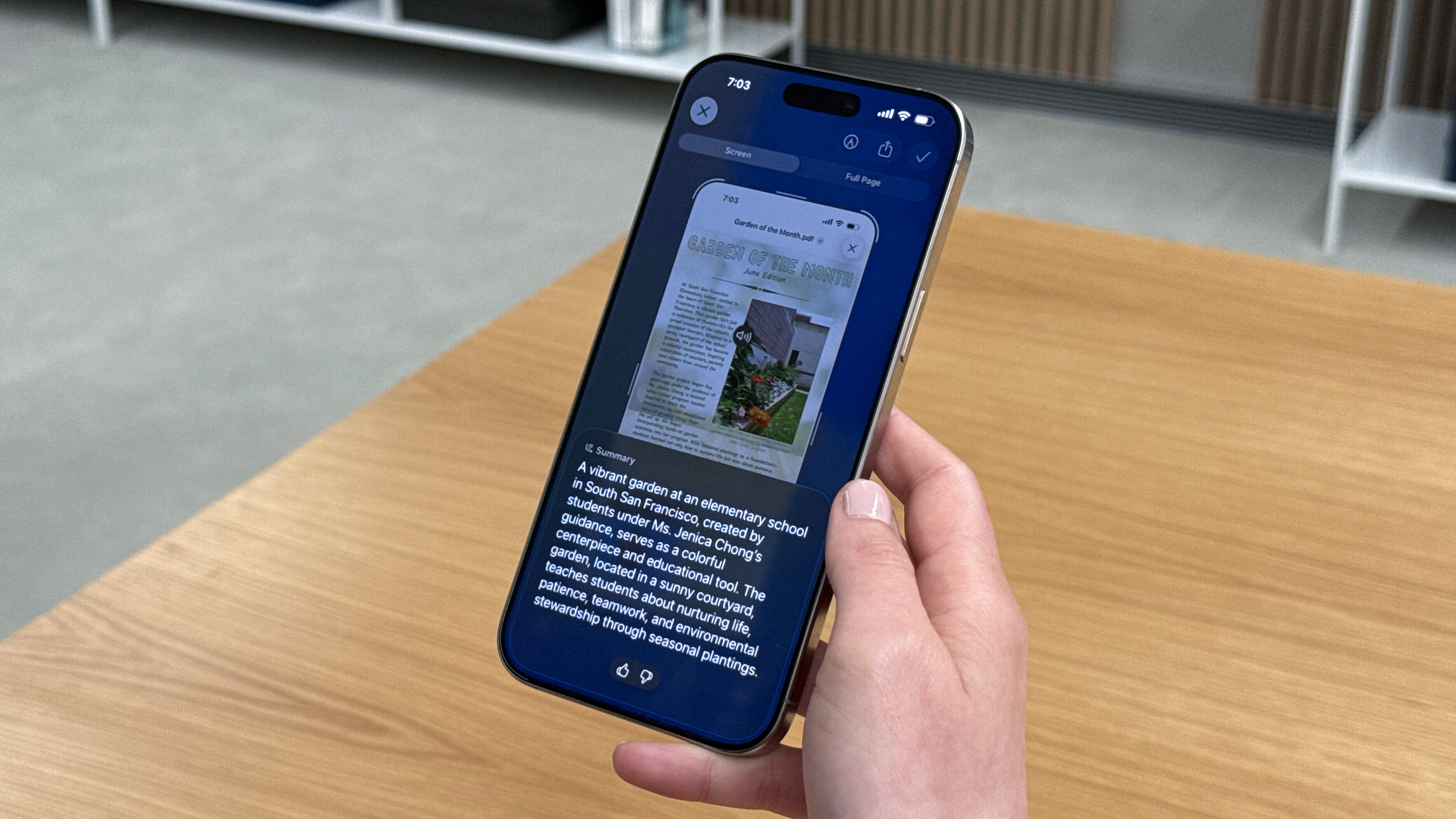







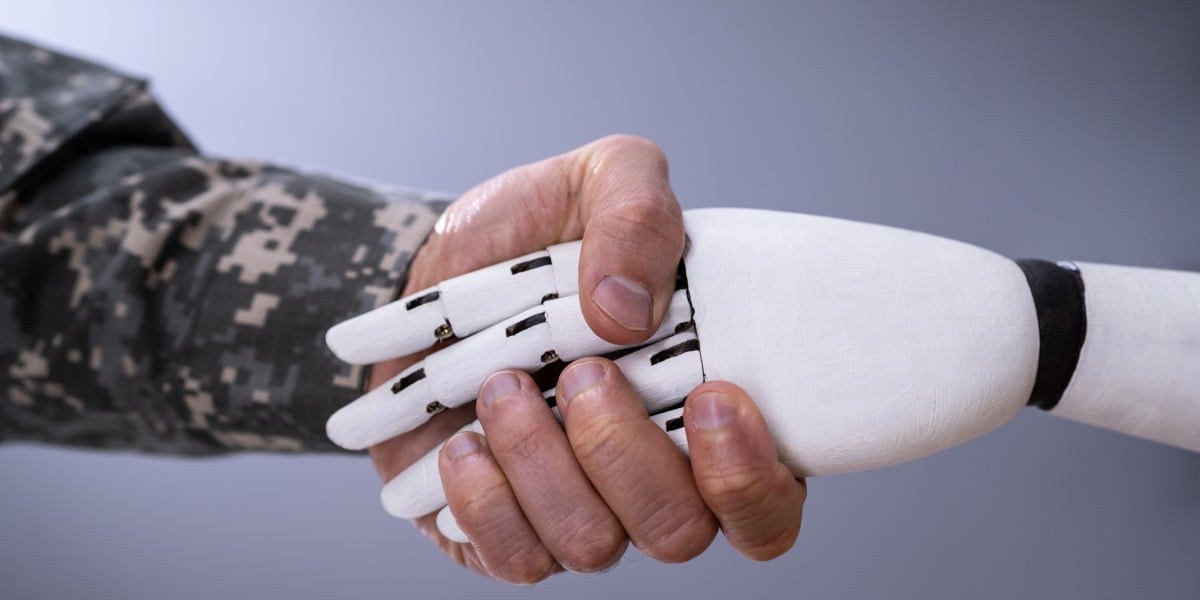

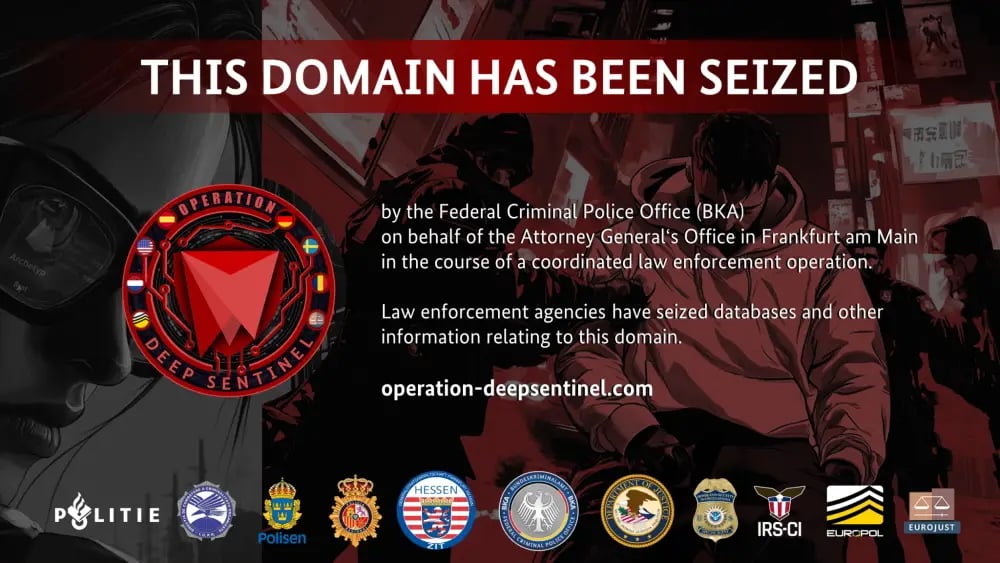






































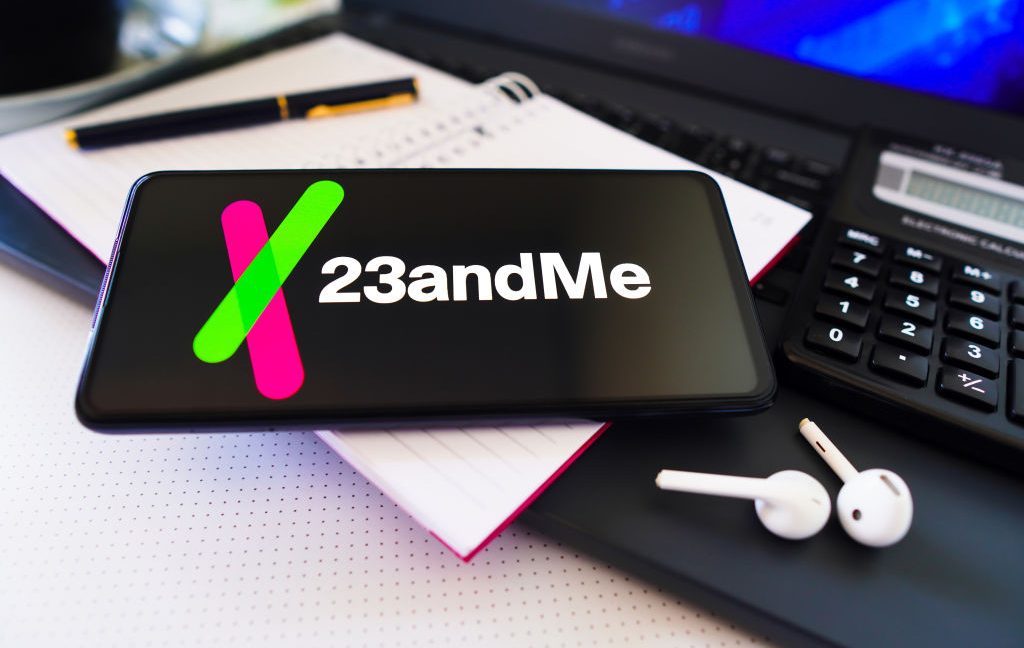









































































































![[The AI Show Episode 152]: ChatGPT Connectors, AI-Human Relationships, New AI Job Data, OpenAI Court-Ordered to Keep ChatGPT Logs & WPP’s Large Marketing Model](https://www.marketingaiinstitute.com/hubfs/ep%20152%20cover.png)







































































































































































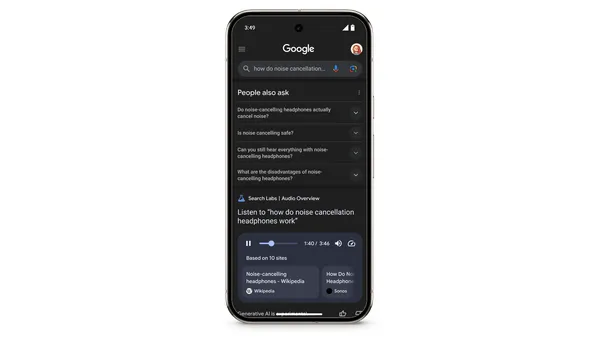
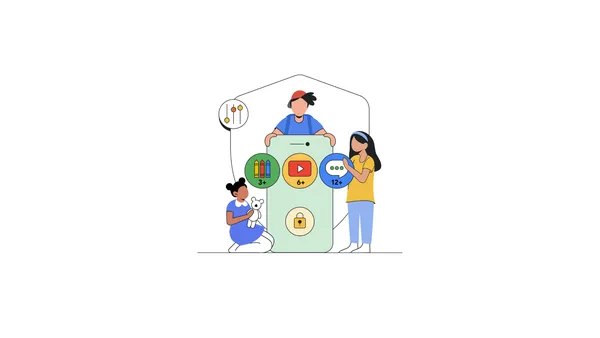


























































































_Alexander-Yakimov_Alamy.jpg?width=1280&auto=webp&quality=80&disable=upscale#)
_Zoonar_GmbH_Alamy.jpg?width=1280&auto=webp&quality=80&disable=upscale#)


























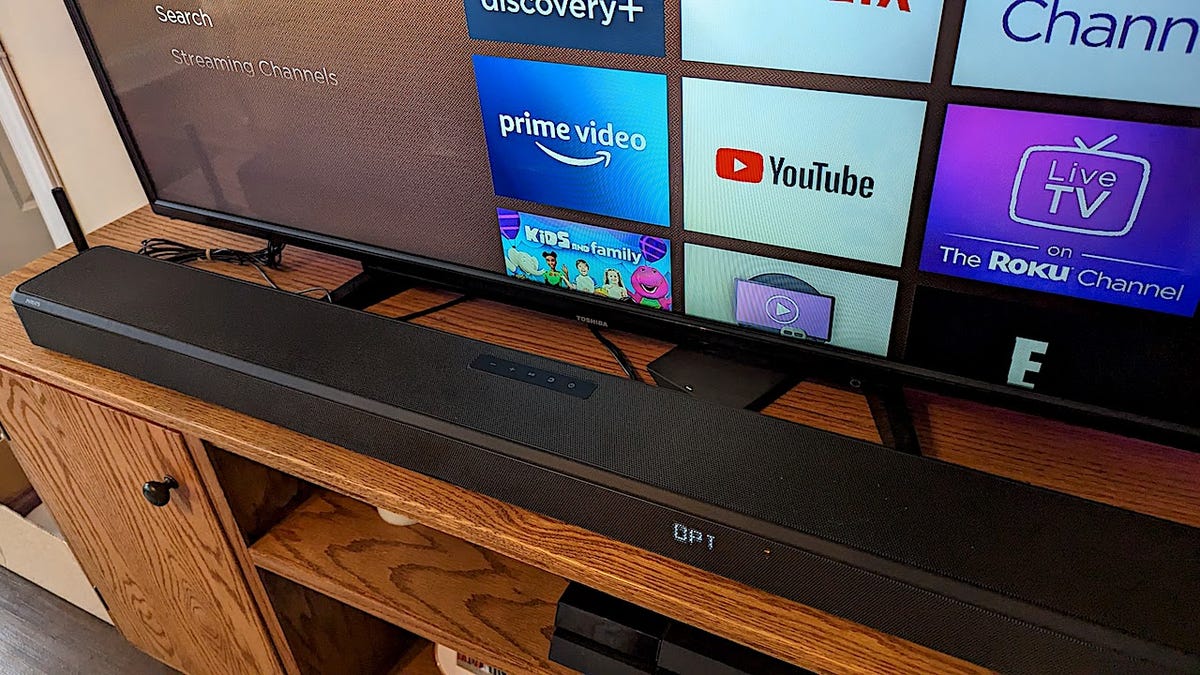













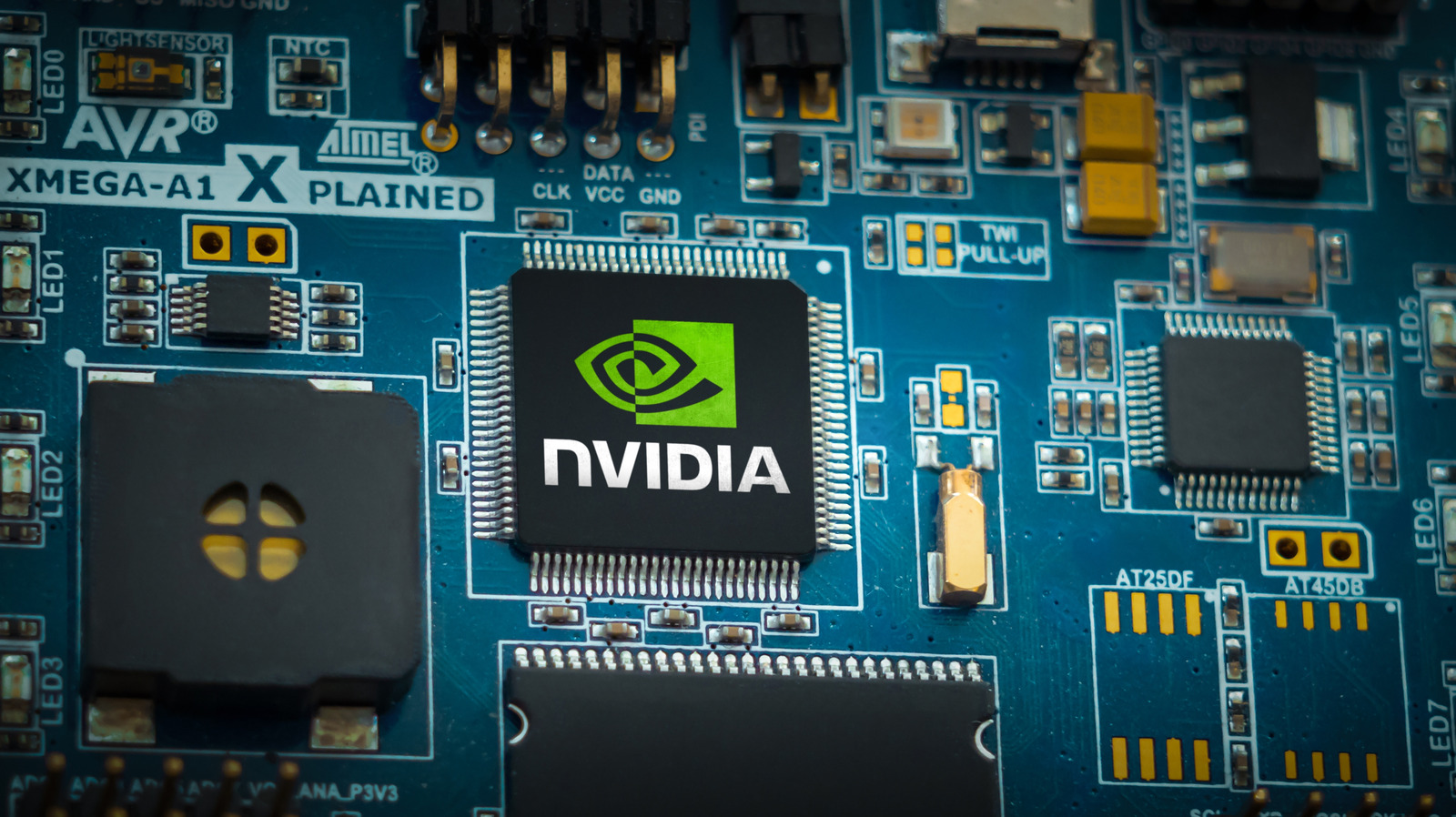

































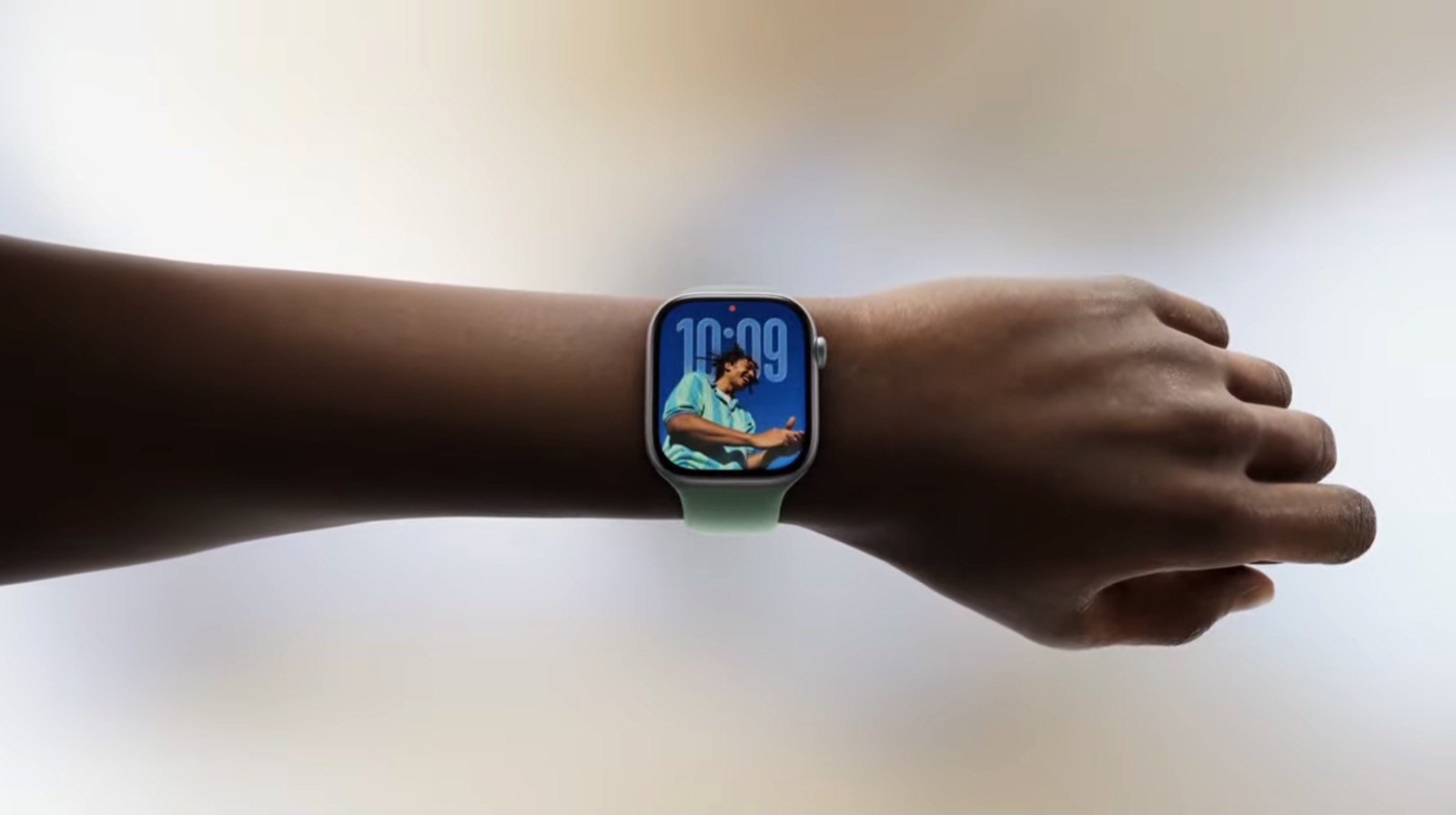









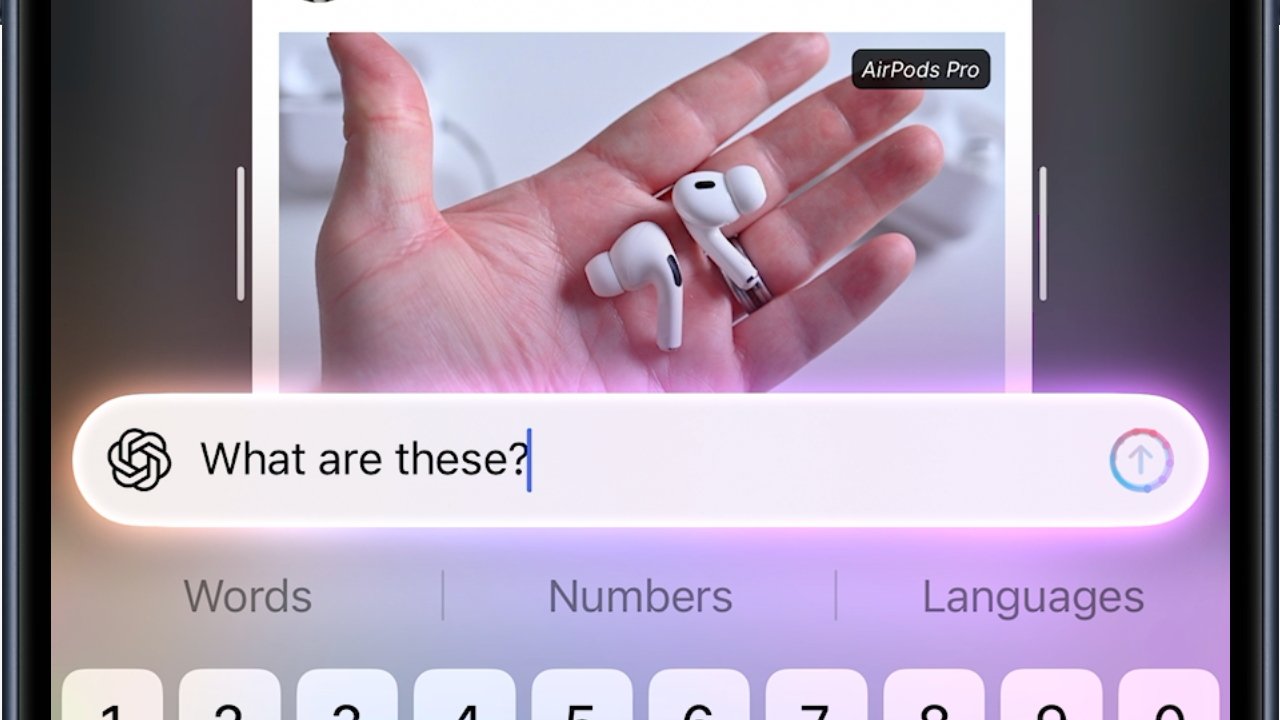

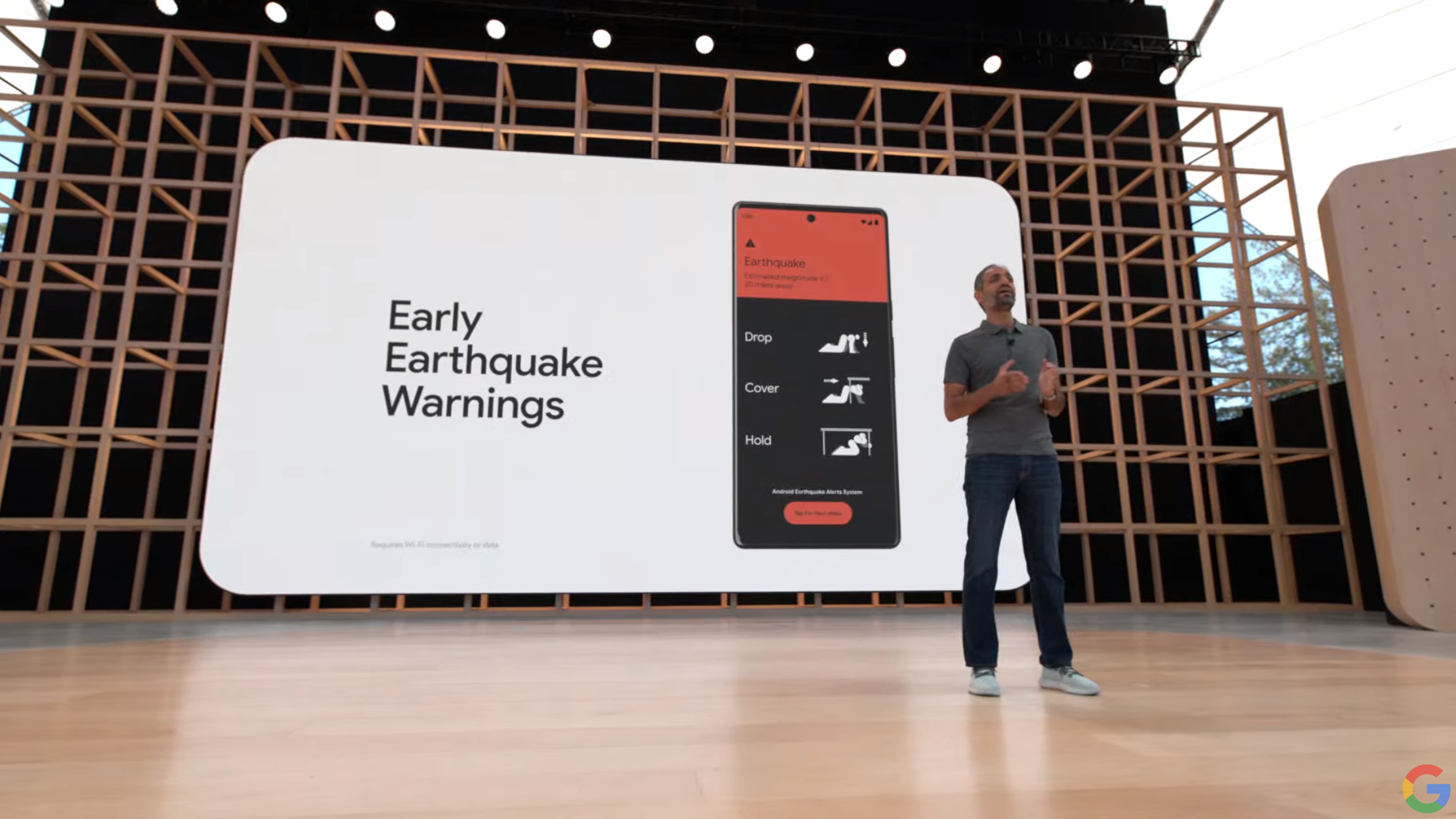

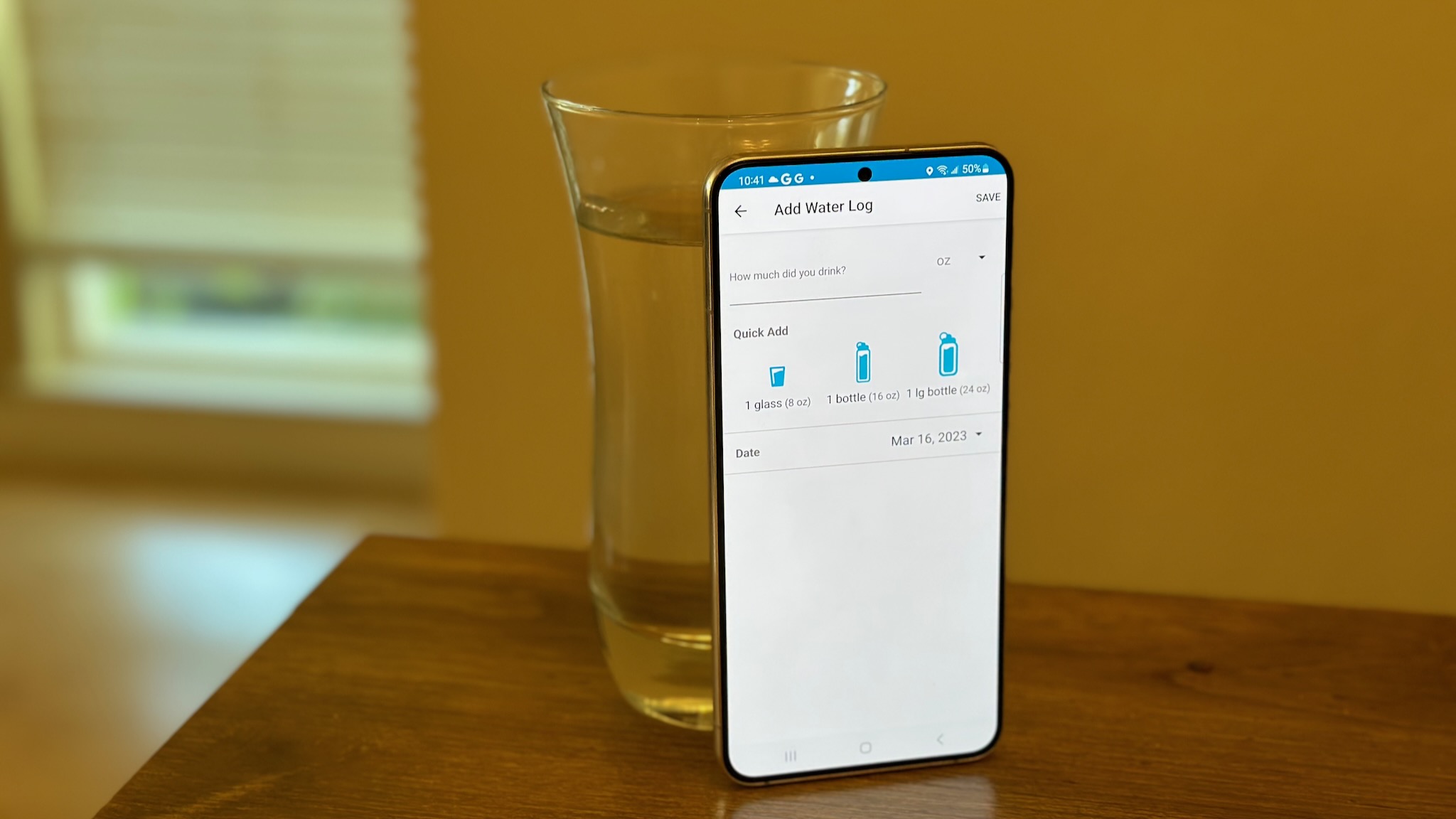
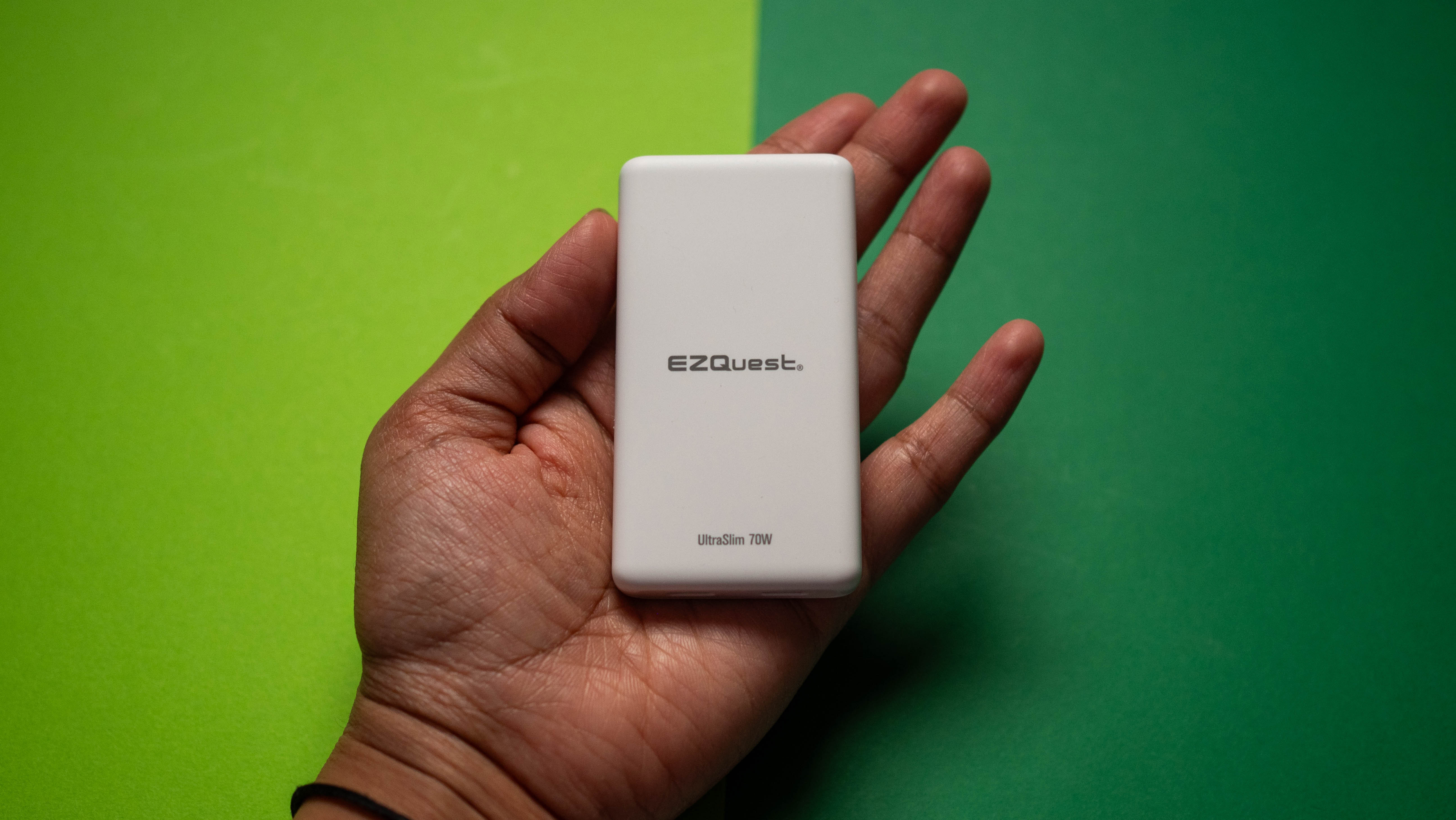






















![AirPods Pro 3 Not Launching Until 2026 [Pu]](https://www.iclarified.com/images/news/97620/97620/97620-640.jpg)
![Apple Releases First Beta of iOS 18.6 and iPadOS 18.6 to Developers [Download]](https://www.iclarified.com/images/news/97626/97626/97626-640.jpg)
![Apple Seeds watchOS 11.6 Beta to Developers [Download]](https://www.iclarified.com/images/news/97627/97627/97627-640.jpg)
![Apple Seeds tvOS 18.6 Beta to Developers [Download]](https://www.iclarified.com/images/news/97628/97628/97628-640.jpg)



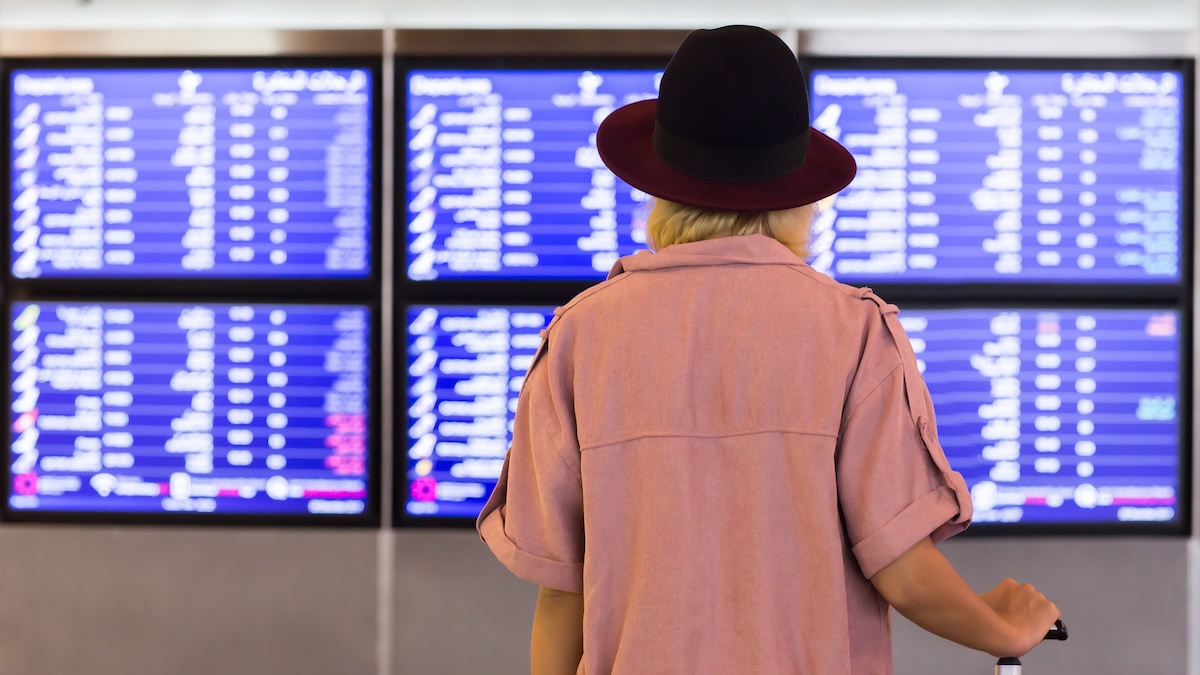











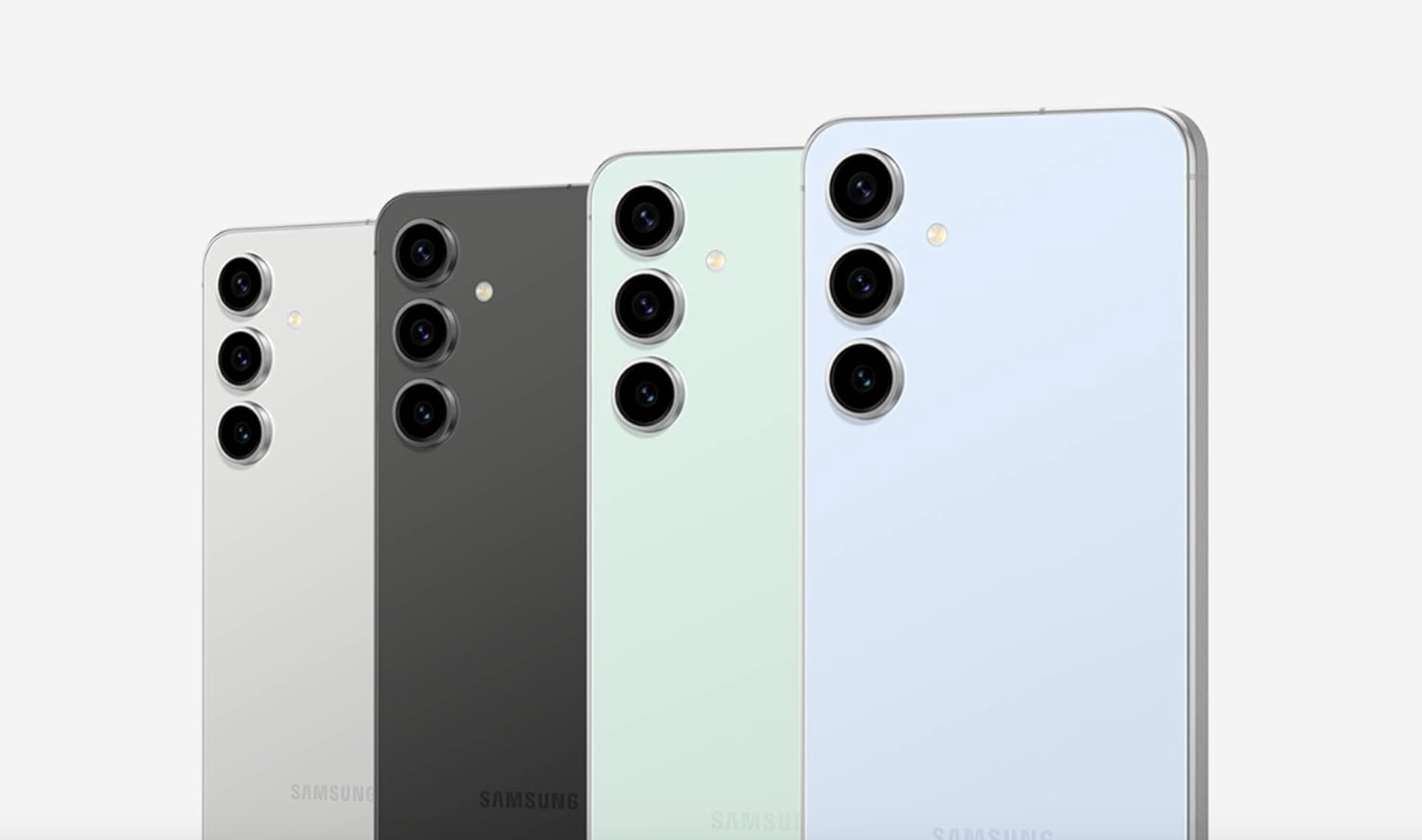
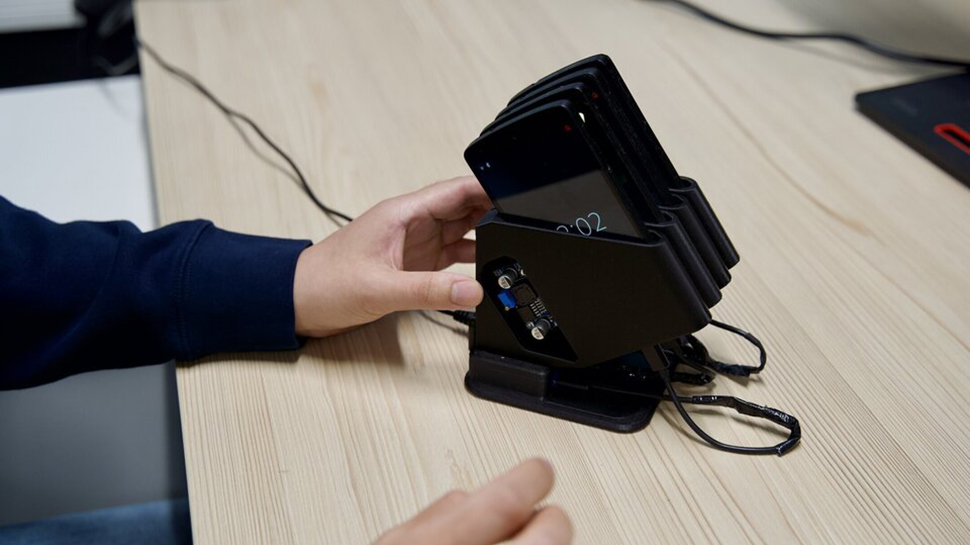

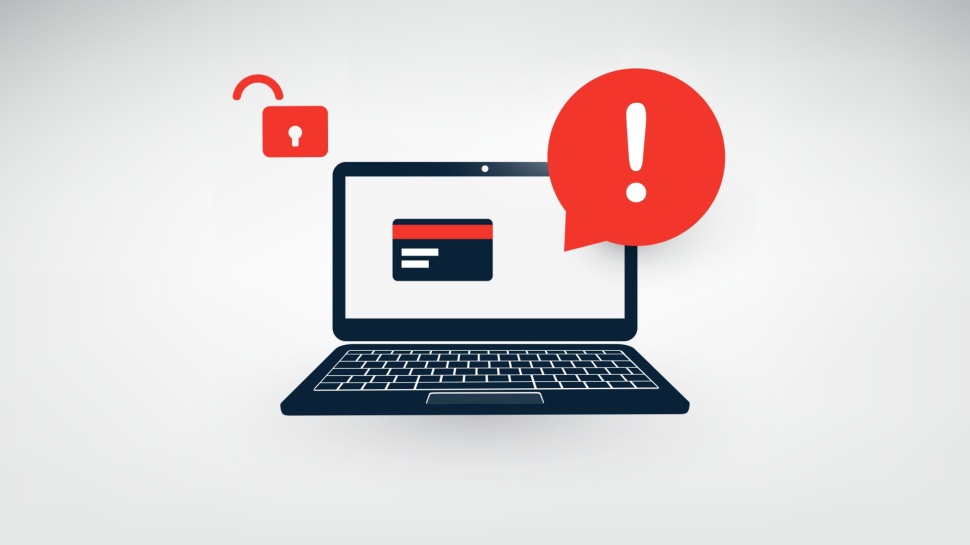


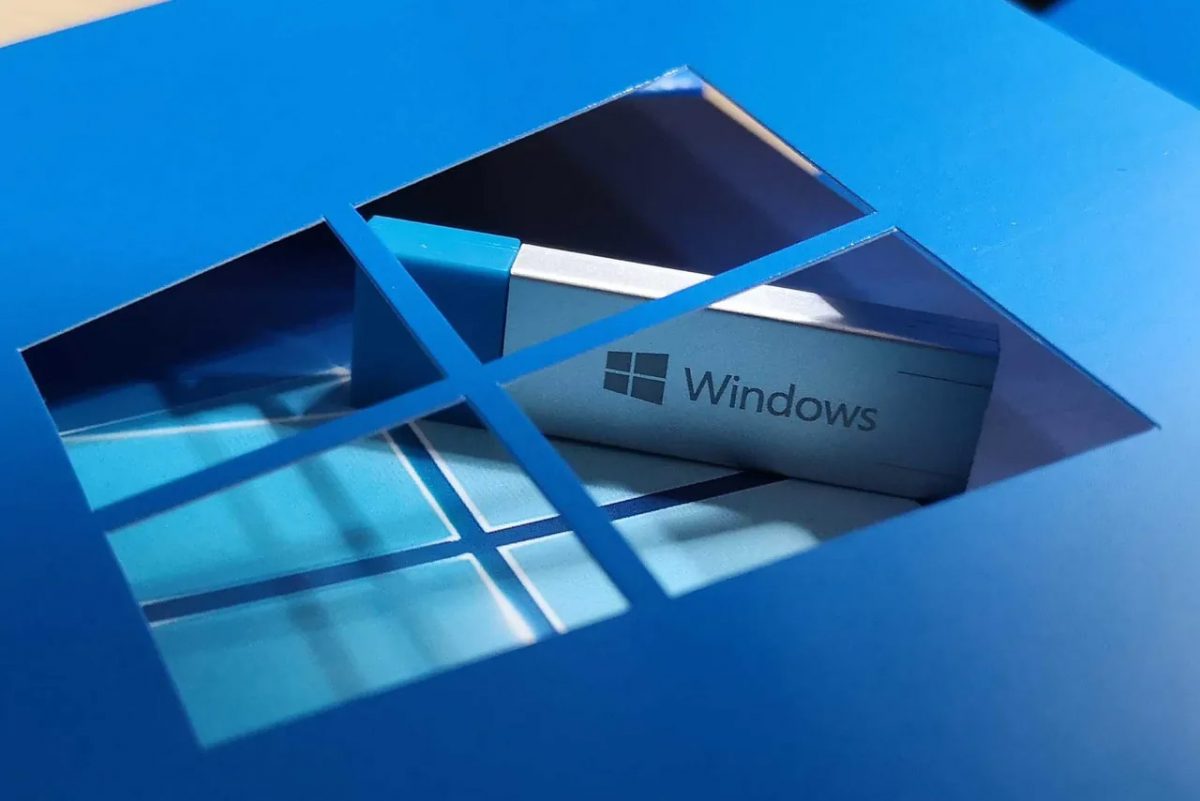
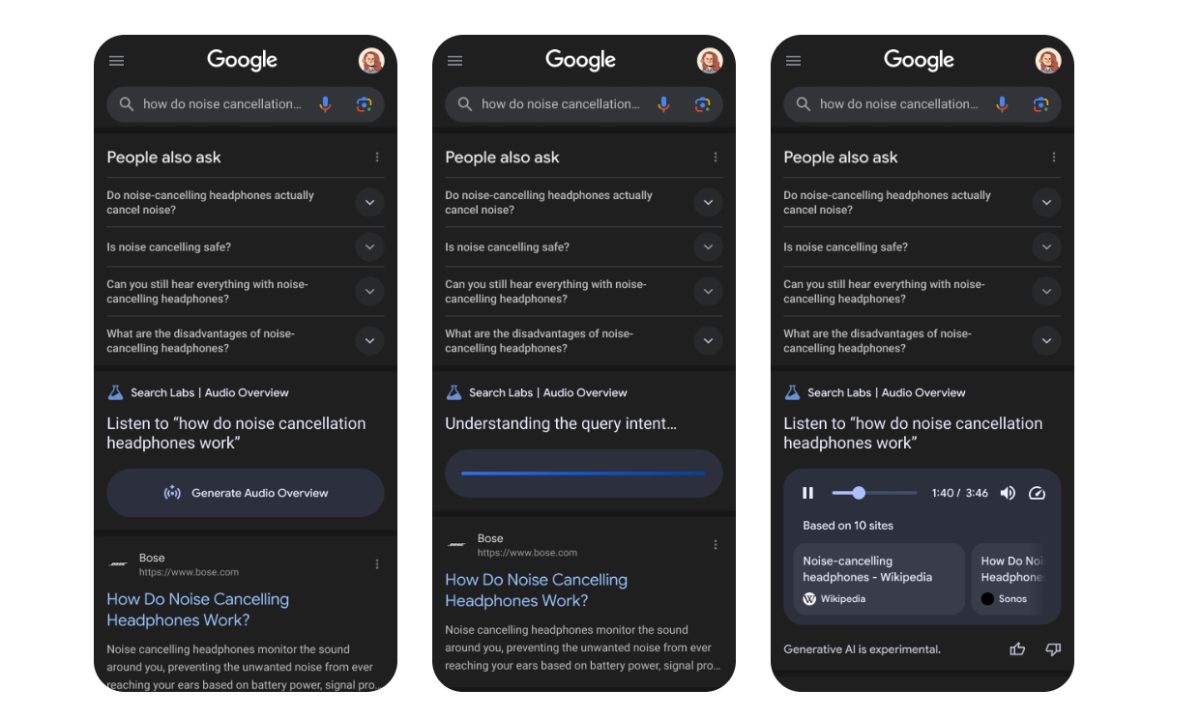


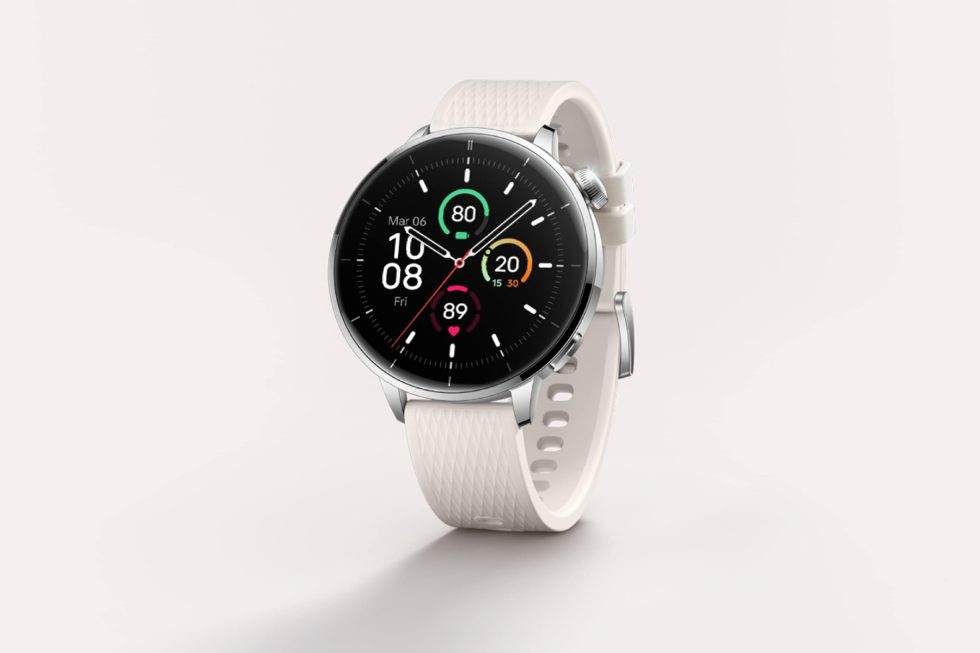
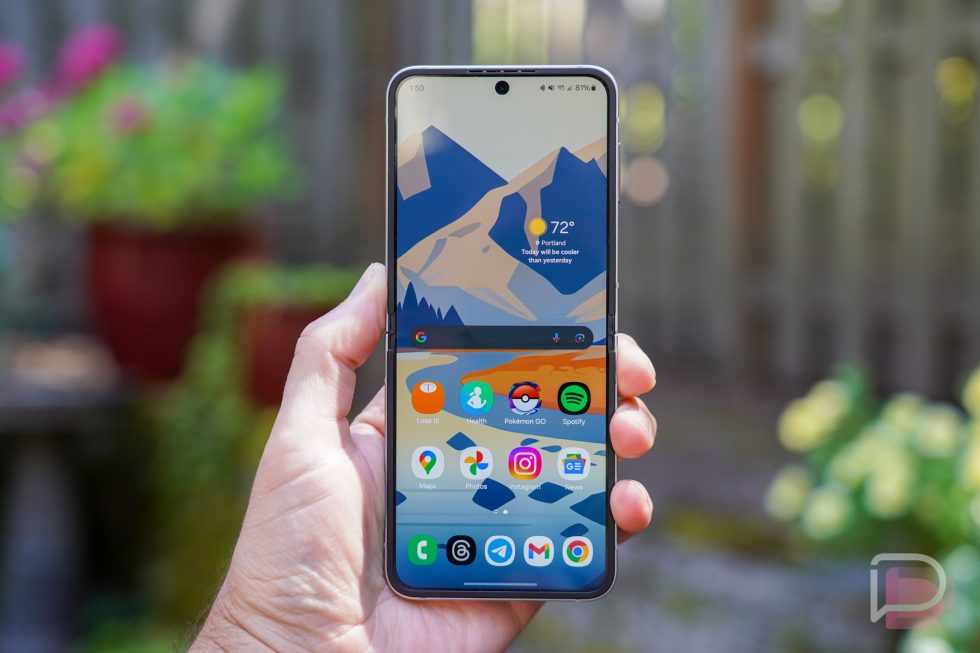






















![T-Mobile customers' address, number, and other info allegedly up for sale; company denies claim [UPDATED]](https://m-cdn.phonearena.com/images/article/171306-two/T-Mobile-customers-address-number-and-other-info-allegedly-up-for-sale-company-denies-claim-UPDATED.jpg?#)

